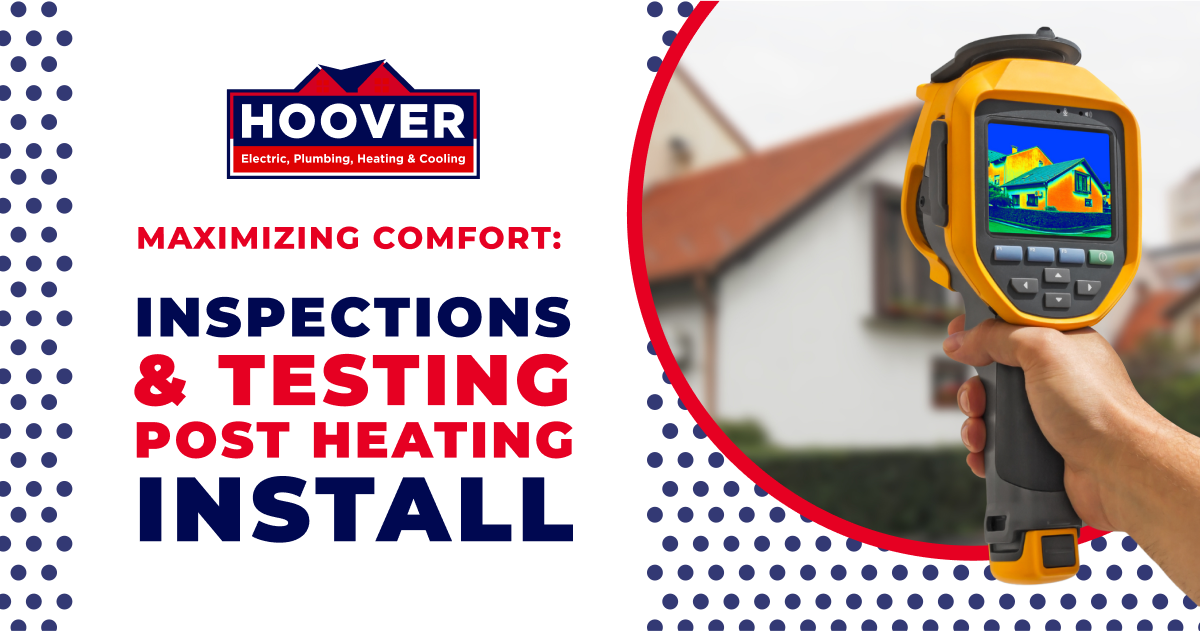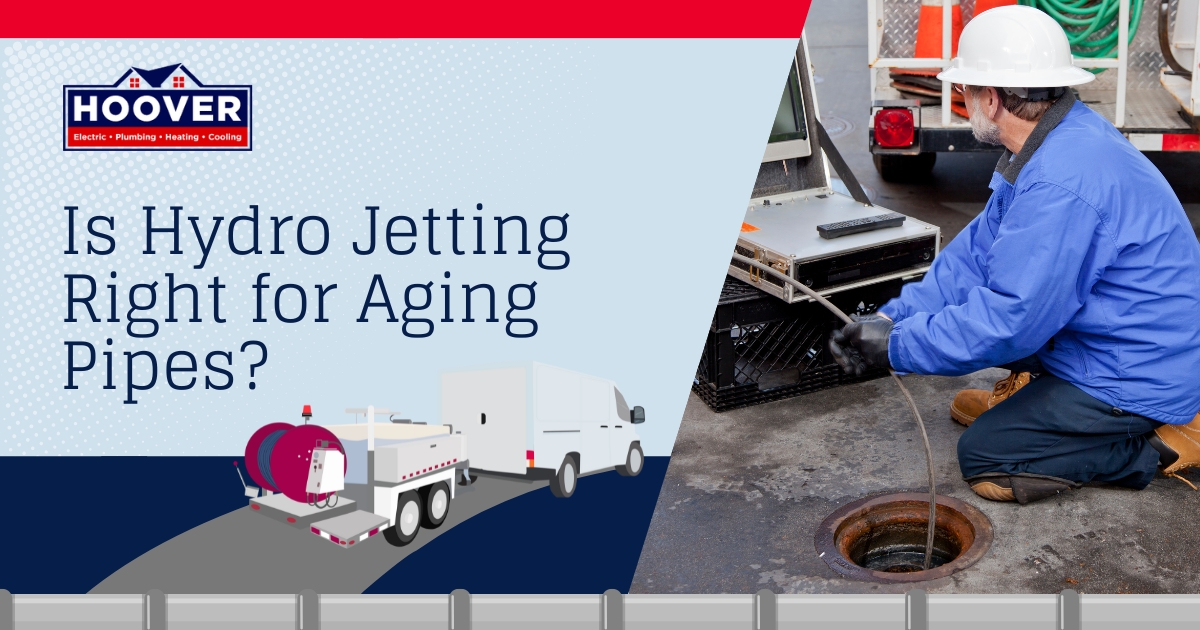
So you’ve installed a brand new heating system; life is good, right? The newly elevated levels of comfort are a surefire expectation for years to come. Though this is a reasonable expectation, it won’t come without some help from regular inspections and testing after heating system installation.
This blog will highlight the importance of regular inspections and testing and the benefits of such services. If you’ve recently installed or are in the process of installing a new heating system in your home, read on to learn how you can help keep it running for many years to come.
What are Heating System Inspections?
Heating inspections are comprehensive assessments of the entire unit to ensure that it is functioning properly, and efficiently, and is overall safe for use. These inspections are normally tailored to the type of heating system being examined, but in general, there are four phases of inspection to expect:
1. Visual Inspection
Each heating system inspection begins with a visual inspection of the entire unit to check for signs of wear, damage, and corrosion. During this time, the heating maintenance tech will also be checking for proper clearances around the heating equipment.
2. Detailed Inspection of All Components
With the visual inspection complete, the maintenance tech will then perform a more through inspection of each of the components. They will adjust, clean, and lubricate all parts as needed. The parts that are normally inspected include the following:
- Thermostat
- Ductwork
- Electrical components
- Air filters
- Condensate drain
- Refrigerant levels
- Heat exchanger and burner assembly
3. Overall System Performance & Safety Testing
During the heating inspection, the technician will also be running a series of tests to check for the overall performance and safety of the heating system. They will test all the safety controls to ensure proper shutdown in the case of any malfunctions. In addition, they will run the system through a complete cycle to gain an assessment of the overall performance. This test will help identify any odd sounds or vibrations that need to be addressed for improved function and efficiency of the unit.
4. Documentation and Recommendations
Once the inspection and testing are complete, the heating technician will provide the homeowner with a detailed report of their findings. This report will include recommendations for any needed repairs and tips for ongoing DIY maintenance.
Why are Inspections & Testing Important?
Now that you know what heating inspection and testing is, you are probably wondering if it is all that necessary. Heating repair and installation technicians will recommend these services to take place regularly because of how they impact air quality, energy efficiency, and the lifespan of the system.
The Impact on Air Quality
Part of regular heating inspections is the essential task of cleaning or replacement of air filters. This task on its own will significantly improve the air quality in the home because it will be a lot cleaner, with reduced amounts of dust and allergens floating about.
Energy Efficiency and Cost Savings
When even one part of the heating system is misaligned, the whole system will be affected and it won’t work as efficiently to warm the home. Thus, energy bills will go up along with the need to call for extra heating repair services. An inspection will help identify areas that need to be readjusted, lubricated, or repaired, allowing you to enjoy an optimally working heating unit without shelling out money for energy bills and repairs.
Extended Lifespan of the Heating System
That new, shiny heating system of yours will need some ongoing TLC to ensure that it lasts you for a minimum of 15-20 years. Inspections will help you achieve just that by identifying signs of wear and tear early on and addressing them when needed. This prevents major breakdowns, keeping your heating system in mint condition for as long as possible.
In Need of a New Heating System?
When installing a new heating system in the home, nothing is as crucial as having the best experts on hand for a quality, seamless installation process. Hoover is the home of the best heating installation techs in Troy, MI. With decades of business in the HVAC industry, our team of expert heating install techs have all the skills and resources for a first-class installation. Call Hoover today to find out about our current specials or to schedule a free estimate.
FAQ: Heating Inspections & Testing
How do I test my new HVAC system?
To test your HVAC system, start by setting the thermostat to the desired temperature, checking for proper airflow, and measuring the temperature on the thermostat against a different thermostat. Check the system for leaks and check for any weird sounds. Though performing these steps will help you gain a picture of your HVAC’s performance, we recommend trusting this process with an HVAC tech who can address any issues and provide official documentation of the inspection.
What are the four types of heating systems?
There are four types of heating systems that are designed to heat a home, including boilers, furnaces, space heaters, and heat pumps.


